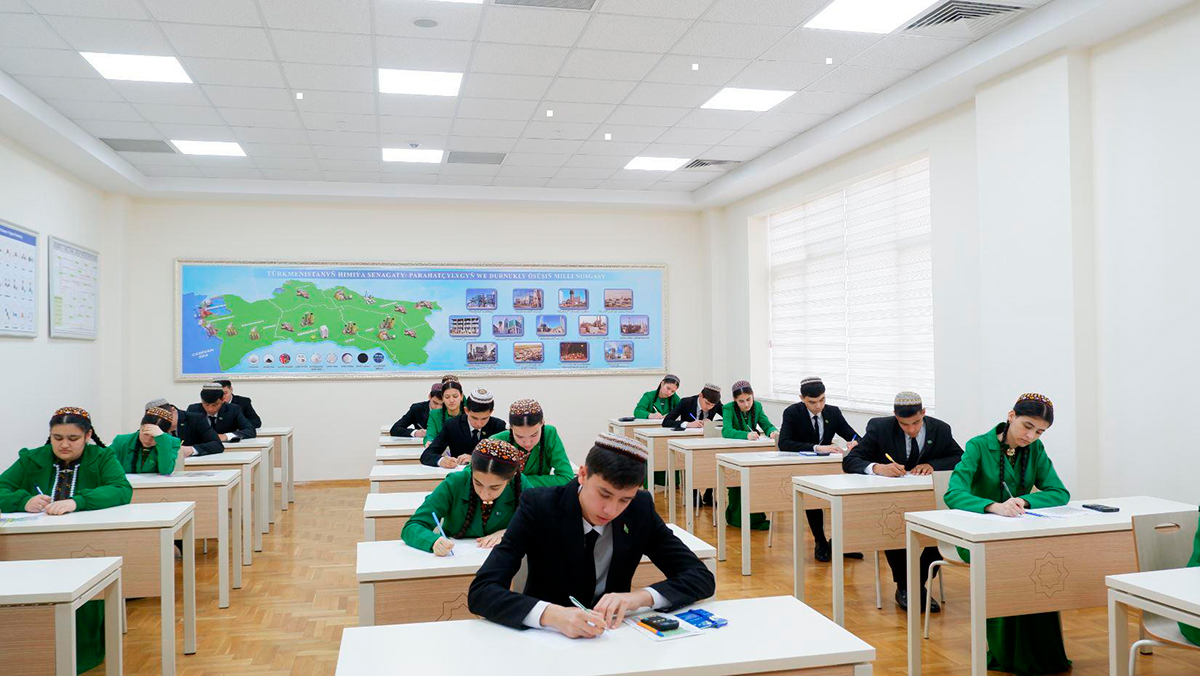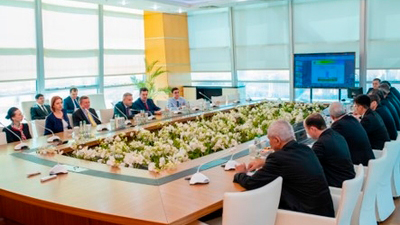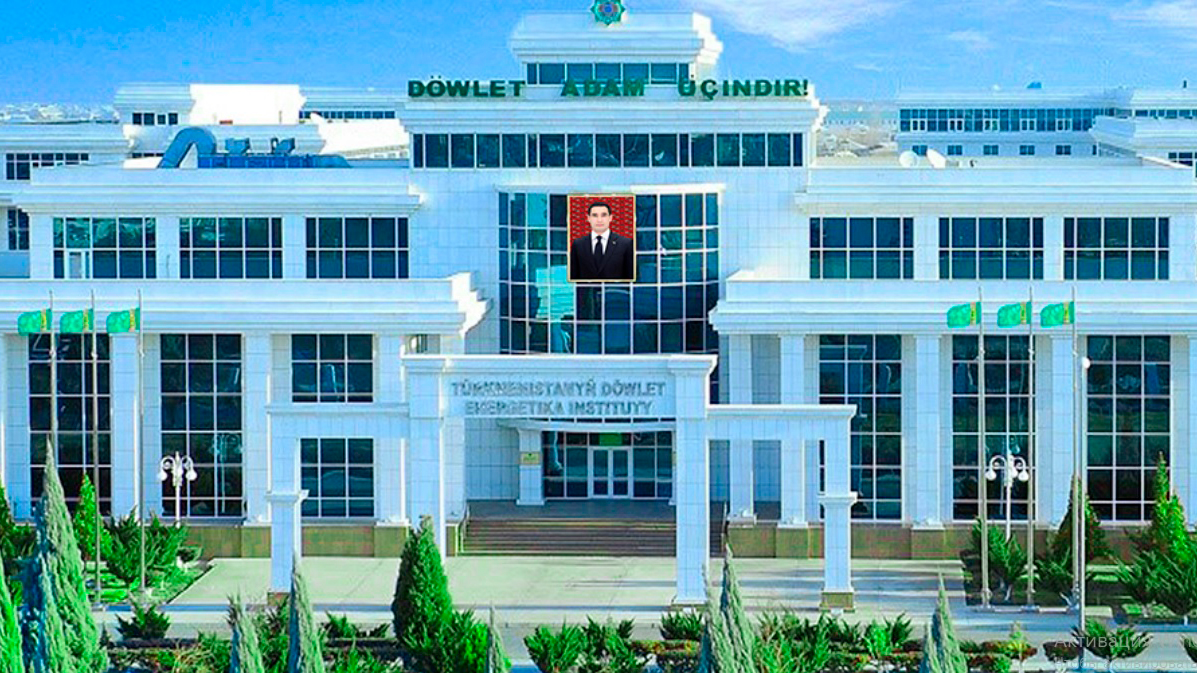From March 22 to 28, teachers from the State Energy Institute of Turkmenistan and the Yagshygeldi Kakayev International Oil and Gas University visited the Romanian city of Sibiu as part of the project “Integrating Environmental Issues, Public Needs and Good Governance in Education and Employment in Central Asia” (ESGCA).
The purpose of the working trip is to participate in short-term trainings on the development of a master's program that combines current ecosystem and social issues, as well as issues of effective management.
During the visit to the Romanian "Lucian Blaga" University of Sibiu lectures, seminars, discussions, and practical classes were held. Teachers from Romania, Turkmenistan, Kazakhstan, Kyrgyzstan, and other Central Asian countries learned about advanced teaching methods, innovative approaches to creating educational programs, and current global trends in ecology and management.
Particular attention was paid to the integration of ecology with social and economic aspects, as well as the development of programs that could ensure sustainable development in Central Asia. The training participants exchanged experiences, discussed various approaches to the educational process and became familiar with practical examples of successful programs implemented in other countries.
During the trip, the teachers visited the Continental tire factory in Sibiu, an example of environmentally sustainable production. Continental actively implements the concepts of “green production”, which includes the use of environmentally friendly materials, optimization of energy and water consumption, and reduction of carbon dioxide emissions. The teachers received information about the company's strategies for minimizing the impact on the environment, which is of great importance for educational institutions training future specialists in the field of ecology and sustainable development.
The trainings are intended to facilitate the successful development of a Master's degree program in the field of ecology and social issues, taking into account the valuable knowledge and recommendations received by the teachers. It is expected that the new Master's program will combine theoretical training with practical skills, which will allow graduates to work effectively in the field of environmental and social issues, as well as natural resource management. In addition, the project plans to organize further meetings and trainings to exchange experiences and implement the latest educational practices, which will open up new opportunities for students and teachers in Central Asia to achieve sustainable development in the region.
Let us recall that the ESGCA project, implemented within the framework of the EU Erasmus+ program, is aimed at improving educational programs in the field of ecology and sustainable development for Central Asian countries and has a significant impact on improving the quality of higher education in the region. Its key objective is to integrate environmental issues with public needs and principles of effective management. The project participants are leading universities in Italy, Romania, Slovakia and a number of countries in the Central Asian region.








